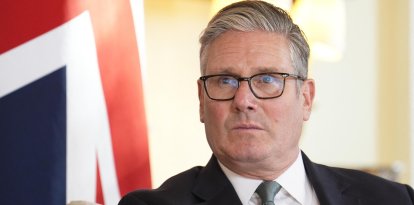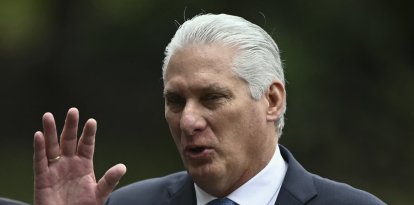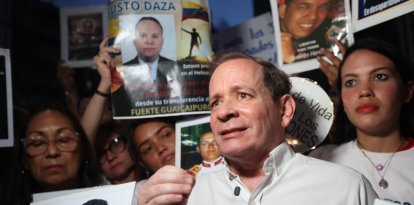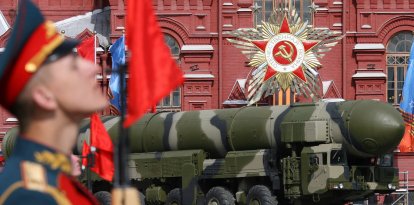India: Narendra Modi is projected to win the general election after last phase
The Bharatiya Janata leader’s violent rhetoric throughout his campaign propelled him to become the first leader to win three consecutive terms since the country gained independence.
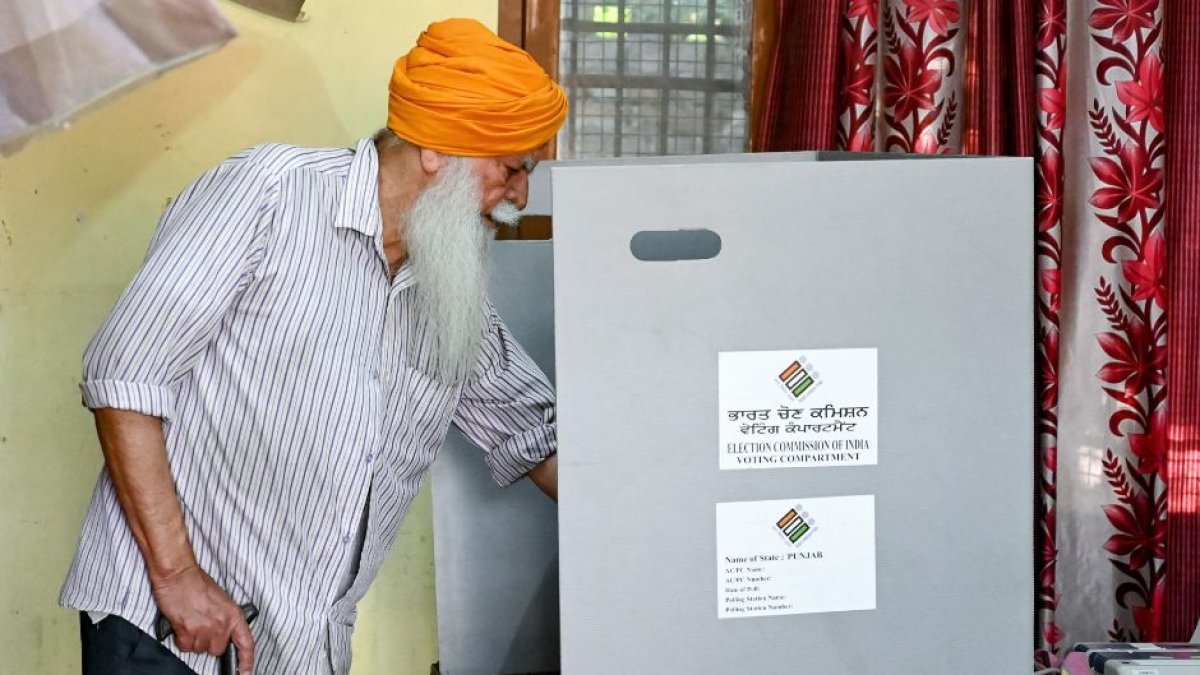
(Narinder NANU / AFP)
This Saturday the macro-elections in India conclude. The largest elections in the world are organized in several phases. The party of current Prime Minister Narendra Modi is expected to win. According to the polls, he could far surpass his 2019 result and once again obtain the absolute majority in the Indian Parliament, the Lok Sabha. He would become the first Indian leader since Jawaharlal Nehru (1947-1964) to govern for three consecutive terms.
After almost six weeks of campaigning, everything indicates that the June 4 recount will once again put the government in the hands to the conservatives of the National Democratic Alliance (NDA) coalition, led by Modi's party, Bharatiya Janata (BJ).
On the last day of voting, Indian polls once again predicted BJ’s outcome in terms of number of seats in the Lok Sabha. The polls most in favor of the party in government predict it will have between 392 and 362 representatives in Parliament, well above the 272 necessary to obtain an absolute majority. With these numbers, Modi and his party's control over national politics is practically guaranteed.
"I can say with confidence that the people of India have voted in record numbers to re-elect the NDA government. They have seen our track record and how our work has made a qualitative change in the lives of the poor, marginalized and oppressed,” Prime Minister Modi posted on the social network X.
Far behind the Hindu conservative, Mallikarjun Kharge, leader of the Indian National Congress (INC), is doing worse now than in 2019 when he won what was necessary for 51 seats in Parliament. As the campaign progressed, the gap between the two political parties widened to the benefit of Indian conservatives. In fact, the polls leading up to April 19, when voting began, showed that Modi's absolute majority was at risk. This may have made his electoral dialectic more violent.
Islamophobia is a frequent theme in Modi's speeches
Anti-Muslim rhetoric became a common occurrence during the campaign and was frequently used in his public speeches. In statements prior to the third phase, Narendra Modi called Muslims in India "infiltrators" and said that "they have too many children."
India is a multicultural country. After gaining its independence from the United Kingdom, it went through a schism that separated the northern part of the British colony, populated mostly by Muslims, to from what is now Pakistan. Since then, religious tensions are a daily occurrence in the most populated country in the world. Prime Minister Modi seems determined to use this hatred to propel himself in the elections.
He claimed that Muslims have the goal of becoming a majority in India. However, Muslims only account for 14% of the total population. In the same speech in which he called for limiting the number of children per Muslim family, he accused his rival, Mallikarjun Kharge, of planning a redistribution of wealth in favor of Muslims.














